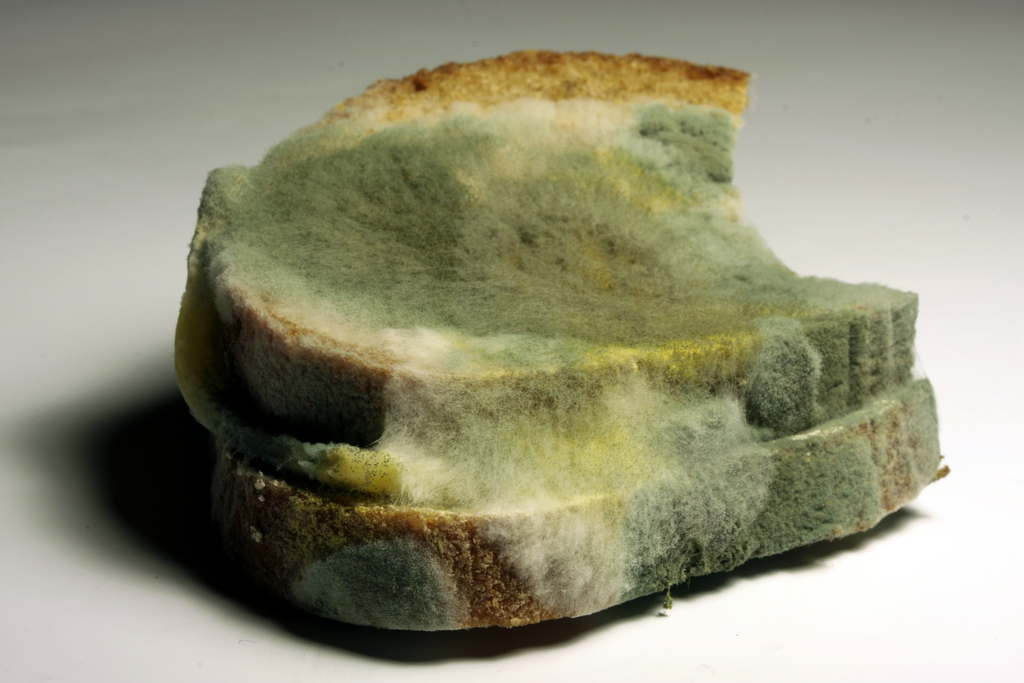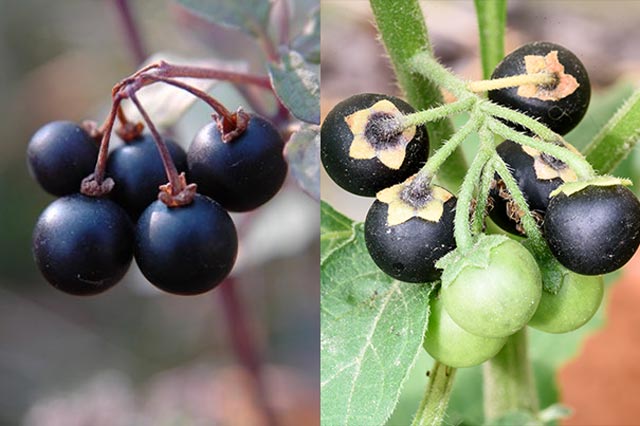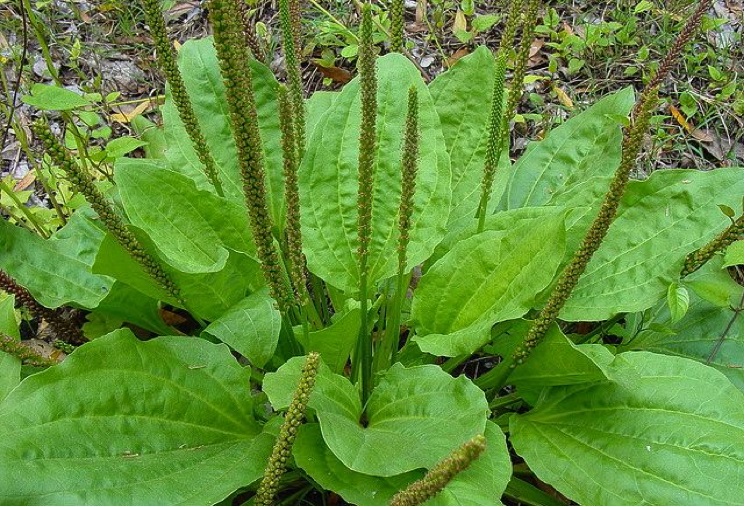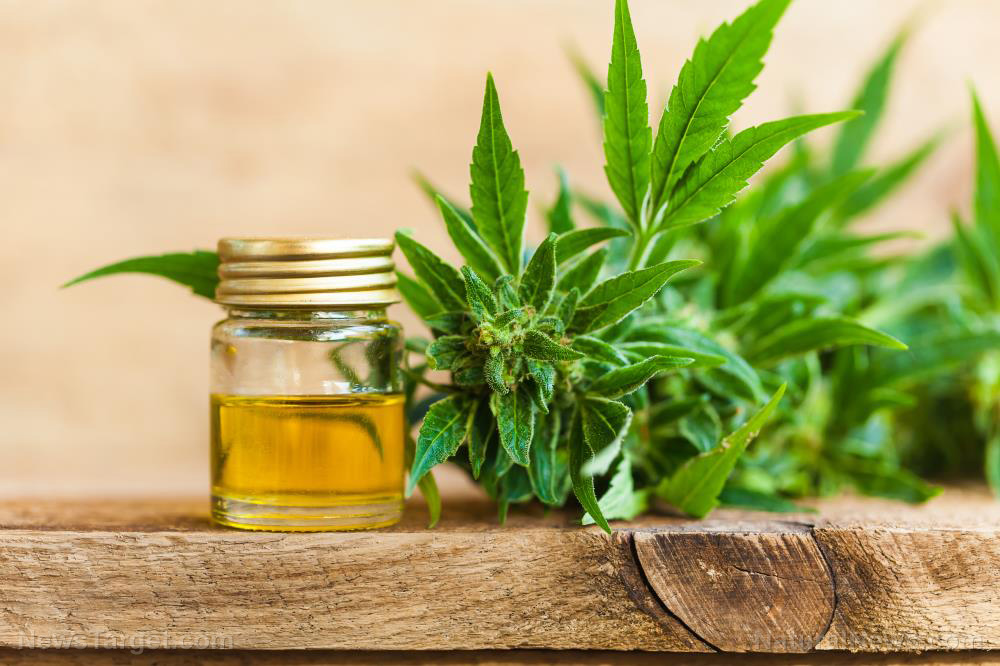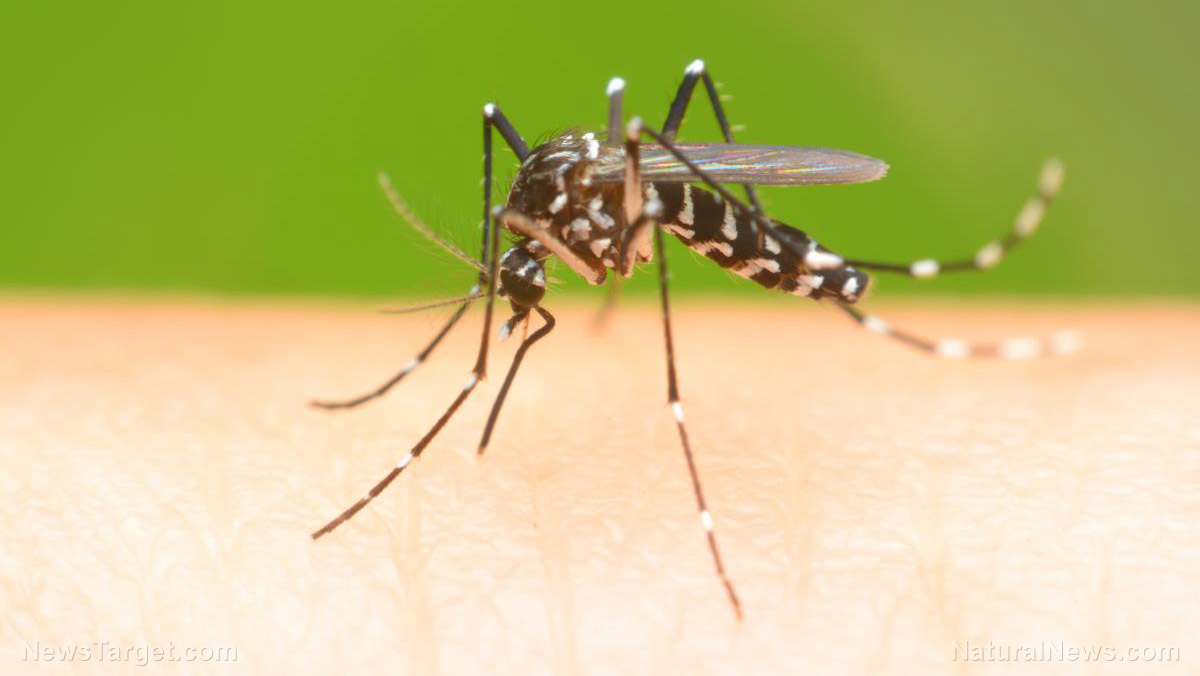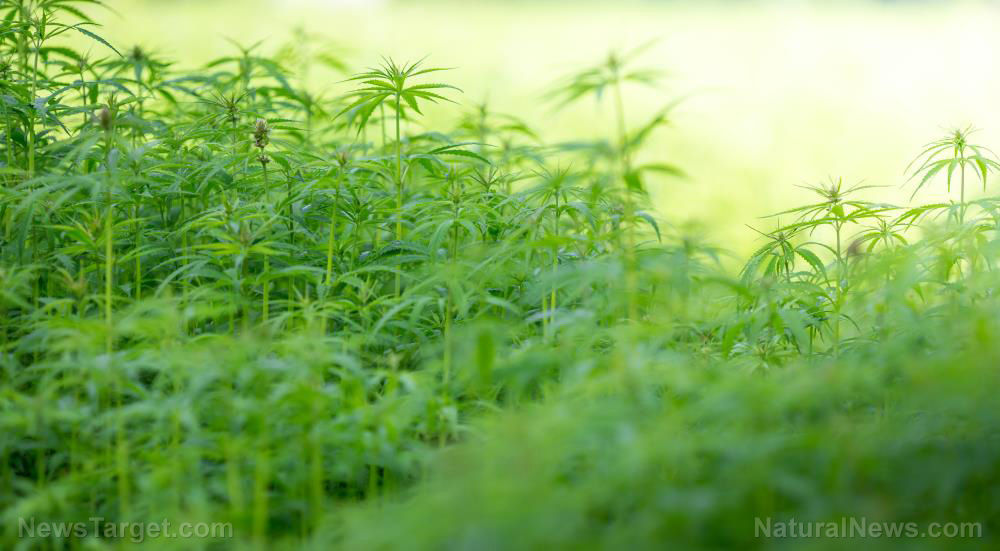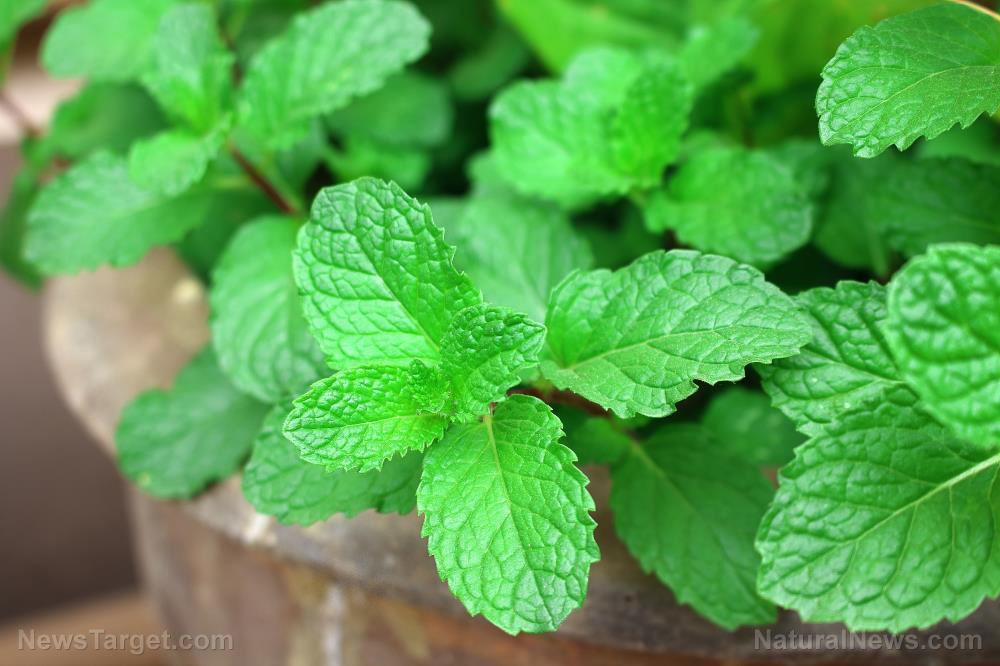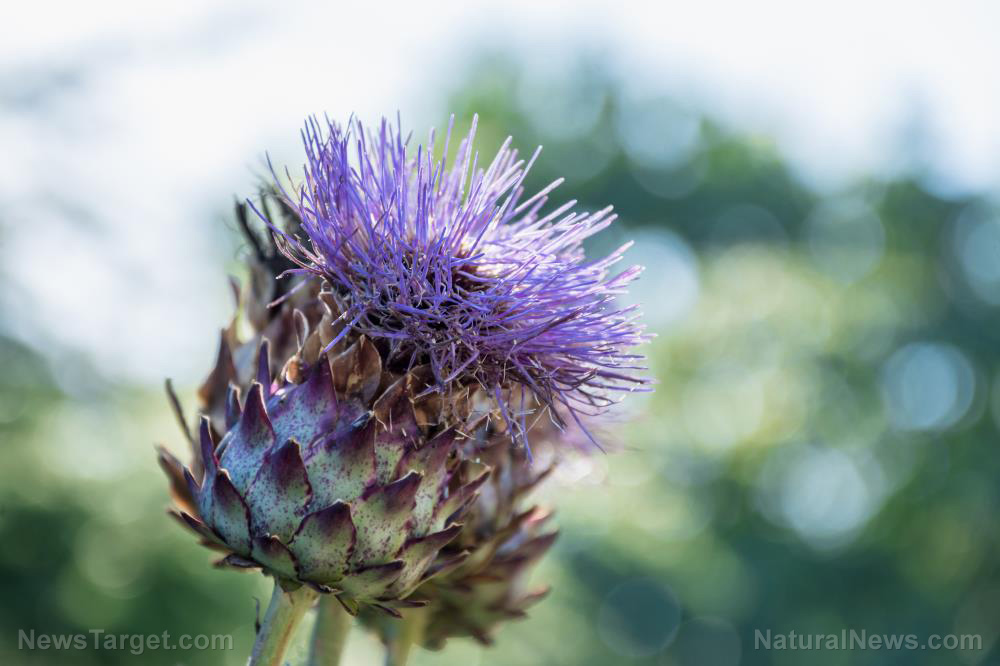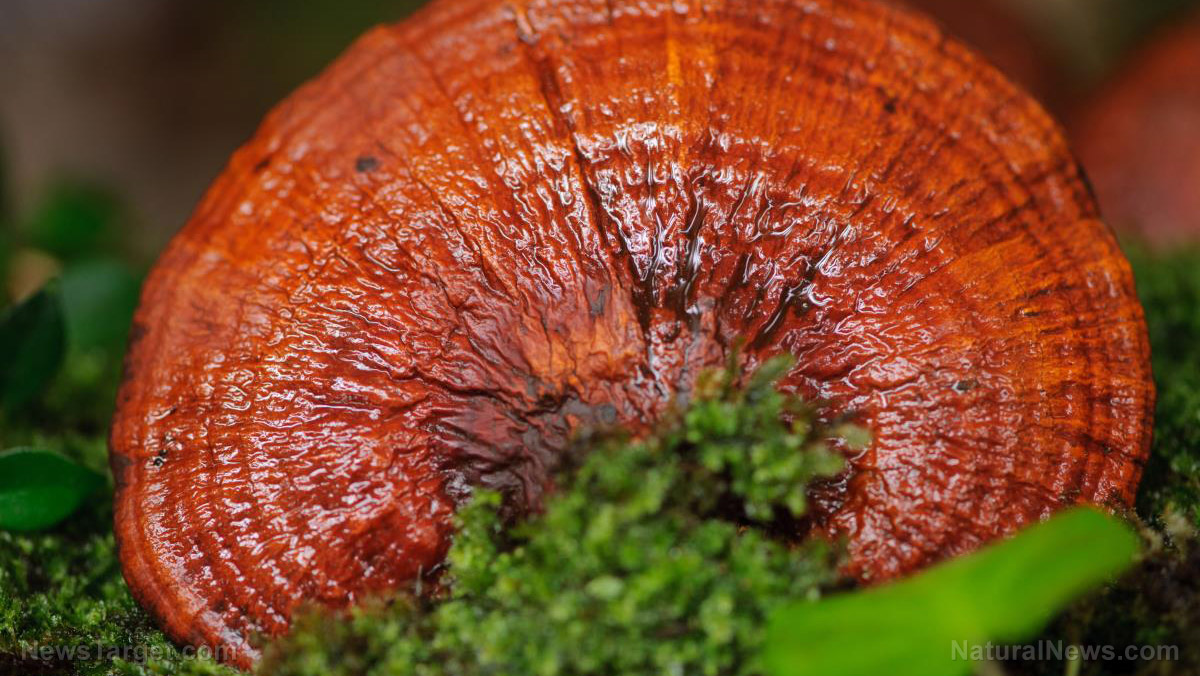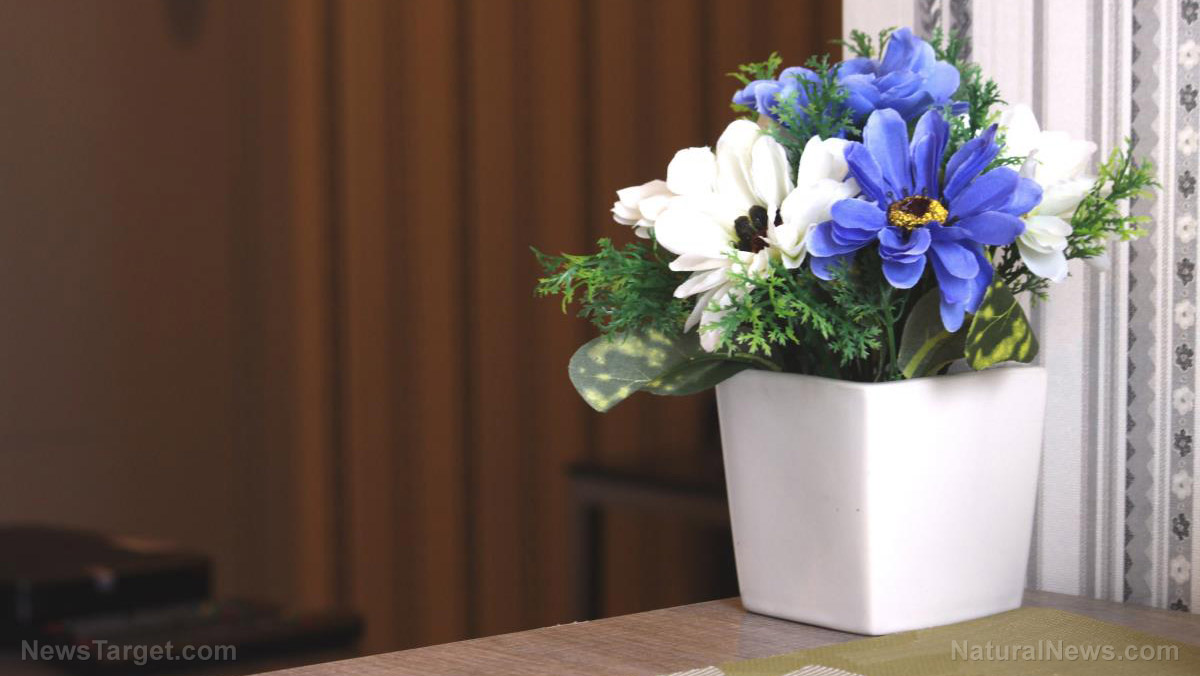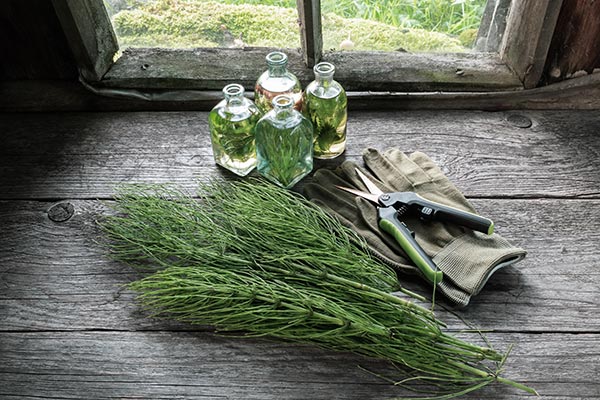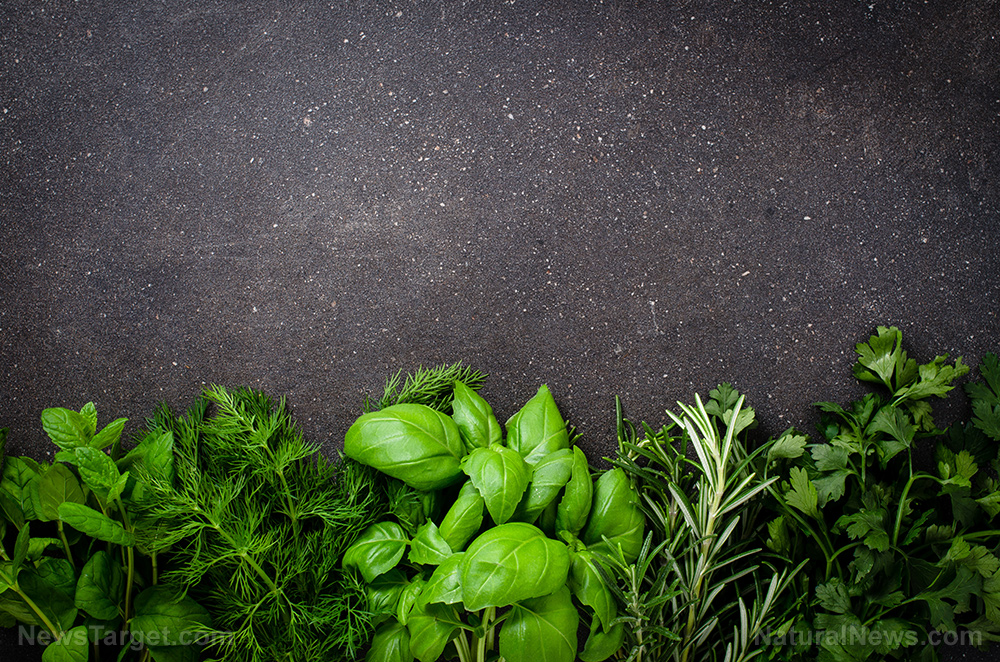5 Medicinal plants that you need in your home garden
02/24/2020 / By Arsenio Toledo

Mother Nature is filled with medicinal plants that work better than most modern medicines. Many of them are even commonly used in emergency survival situations due to the effectiveness of their healing properties. If you’re looking to expand the plants in your garden, you should seriously consider adding several or all of these five medicinal plants. (h/t to Survivopedia.com)
Dandelion
Dandelion has been used as a medicinal plant for over a thousand years. It can even be used as an emergency food source because it’s entirely edible. Everything from the roots to the flowers can be eaten or mixed in with natural medicinal concoctions. Consuming dandelions can also help improve your immune system, as they are also filled with antioxidants that can lower your risk of oxidative stress-related conditions. There are also dandelion recipes that natural health practitioners use for the liver, gallbladder and the kidneys.
Aloe vera
Aloe vera is a very popular medicinal plant. Any natural health store you find will have some kind of aloe vera-based product on their shelf. This is because aloe vera contains a lot of compounds that provide a ton of health benefits. Its most popular use is for revitalizing the skin and soothing burns, cuts, scrapes and other kinds of skin irritations. Because it’s useful for the skin, this means it can also be used as a great moisturizer and an anti-inflammatory lotion. Furthermore, the latex — the sticky yellow residue found under the skin of the leaf — can soothe any digestive problems you may have if consumed as a juice.
Plantain
Many parts of North America still consider plantain a garden weed. However, this reputation needs to change because this handy little plant, which can be found even in urban environments, is nutritionally rich. It is filled with iron, vitamins C and K, and many B vitamins. As a medicine, it can be used for skin problems such as wounds and itching and it can also be used to treat insect and snake bites. This is done by creating a healing salve or poultice out of plantain and applying it to the affected area. Plantain is a great natural antibiotic, especially for cuts and bruises. If you need survival material, the plantain’s fibers are also useful for making thread, fishing lines and even cloth.
Stinging nettle
Be careful when handling the stinging nettle, because it got its name for a reason. However, when handled properly it can treat a bunch of conditions such as allergies, arthritis, internal bleeding, parasites, burns and many more. It is also commonly used as a diuretic because its nutrients can ease urinary tract infections. It’s also a known antilithic, meaning it can break down kidney stones.
Yarrow
Yarrow grows all over North America. Native American tribes such as the Navajo have been using yarrow for centuries as a healing plant. Its flowers and leaves are used to make a medicinal drink. Yarrow plants can be used for external wounds to speed up the healing process. It can also be used as a poultice for treating not just wounds but also headaches, toothaches and gastrointestinal problems. (Related: Your SHTF medicinal herb kit should contain yarrow.)
Remember, when you’re in need of good medicine, Mother Nature can provide. But as you build up your backyard medicinal garden, remember that these plants are useless if you don’t have the knowledge on how to use them and for what purpose. Read up on each plant that you grow, learn what their main uses are and figure out which plants you will need to survive in this modern world.
Sources include:
Tagged Under: aloe vera, alternative medicine, Dandelion, emergency medicine, herbal medicine, Herbs, home gardening, medicinal plants, natural cures, natural medicine, off grid, plantain, remedies, Stinging Nettle, survival medicine, Yarrow
RECENT NEWS & ARTICLES
GrowYourMedicine.com is a fact-based public education website published by Grow Your Medicine Features, LLC.
All content copyright © 2018 by Grow Your Medicine Features, LLC.
Contact Us with Tips or Corrections
All trademarks, registered trademarks and servicemarks mentioned on this site are the property of their respective owners.



